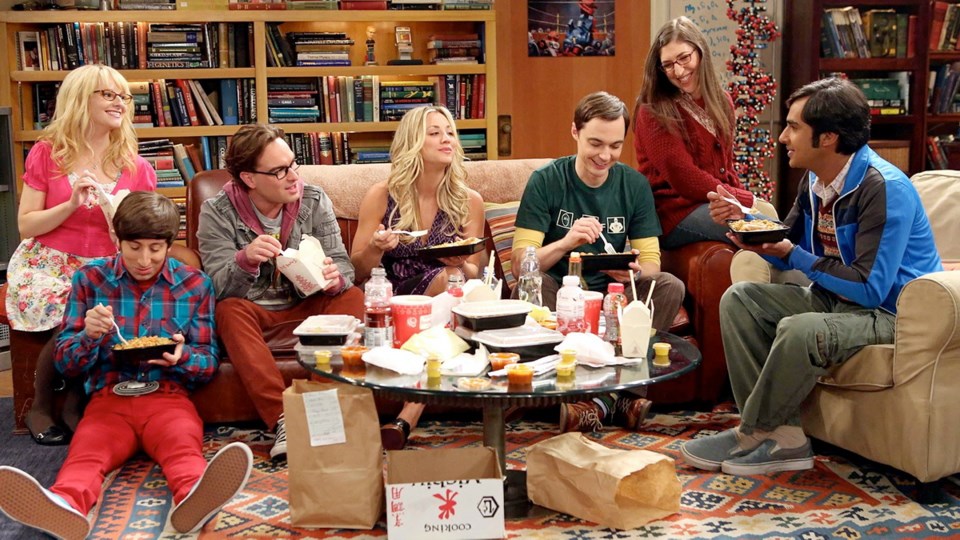You have questions. I have some answers.
Q: I am hoping that you can finally clear up the questions about The Big Bang Theory. Every day I see contradicting articles saying the show is coming back for two more seasons or the actors have decided not to come back and the show will be cancelled. Does anyone really know?
A: Shortly after I received your letter, Warner Bros., which makes the show, and CBS, which airs new episodes, announced a new agreement for two more seasons of the hit sitcom, continuing it through the 2018-2019 season. There was no doubt that CBS wanted more of the show, but an agreement on a series involves more than that. First, there’s the deal between a network and a studio, and that alone can be tricky since traditionally networks pay less than it actually costs to make a show, to control their own costs and profits. The studio then expects to make money by other means: sales of reruns to local stations and to other countries, for example.
But even if the network and studio can agree, the studio also must negotiate contracts with the cast and other key figures to keep the show going.
In the case of Big Bang Theory, the original cast members — Jim Parsons (Sheldon), Johnny Galecki (Leonard), Kaley Cuoco (Penny), Kunal Nayyar (Raj) and Simon Helberg (Howard) — reportedly make about $900,000 per episode, in seasons that run 24 episodes. But two later additions, Mayim Bialik (Amy) and Melissa Rauch (Bernadette), make far less, about $175,000 to $200,000 an episode, according to Variety. At this writing, negotiations have been ongoing on their contracts, and Variety said the five stars offered to take a pay cut to help boost the salaries of their two colleagues. (Warner Bros. declined comment about the contract talks.)
Because of money issues, Variety said, “the new first-run episodes will not be a huge moneymaker for the studio or CBS.” Of course, there are other advantages to having a hit, such as their leading to other series. Think of all of NBC’s Chicago shows, for example, or CBS’s announcement of a Big Bang prequel, focusing on Sheldon when he was 9, for next season.
Q: We just finished this Canadian series The Pinkertons on Netflix. Is there going to be a season 2?
A: The series about the crime-solving Pinkerton family does hope to continue beyond its 22-episode first season. A January post on the show’s Facebook page said: “There’s a lot of interest on our side, as well as the network/online side. As an independently produced series, our next step is to figure out who pays for the next season. We’ll be working on it.” But when I contacted the production company recently, there was nothing new to report.
Q: Lately when I’m watching a show, the bottom of the screen will come up with an ad for another show. This is so annoying. Is there anyone I can phone or write to let them know?
A: Only if you wrote them many years ago. In a 2001 column I pointed out: “In the middle of prime-time programs, NBC tosses on a graphic promoting the new series ’Weakest Link.’ ... MTV runs countdowns to a big event like its annual music awards during other shows. ... The TV picture from baseball telecasts is shrunk so half the screen can be used to remind viewers that there are tickets available for coming games.”
The on-screen promos, irritating though they may be, are designed to plug shows outside of commercial breaks ? when viewers may take their own viewing break, or are watching the show via DVR and fast-forwarding through the ads. (One nasty aspect of on-demand programming is the disabling of fast-forwarding so you can’t bypass the promos.) Still, for a viewer, the only good thing about them is that the use of the graphics may spare us one more promo during breaks, which are already way too long.



